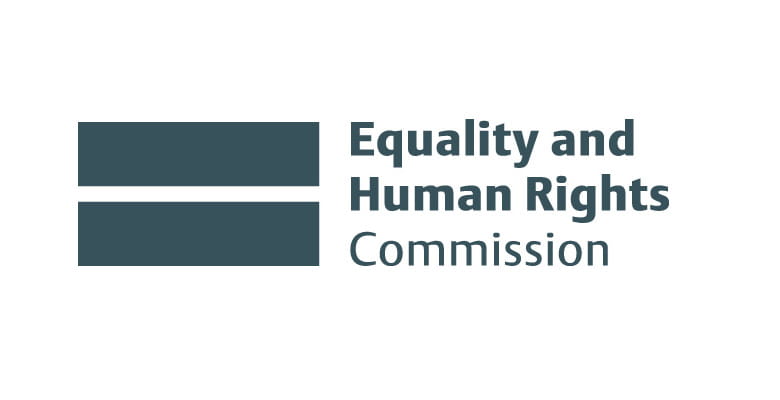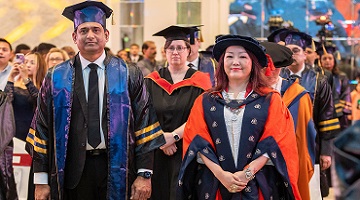Disabled children to fulfil their potential through LJMU partnership

A new interactive online training resource will help schools unlock opportunity and help disabled children reach their full potential.
LJMU in collaboration with the Equality and Human Rights Commission (EHRC) have launched the project after statistics for attainment in primary and secondary schools show a significant gap between pupils with no identified special educational needs (SEN) and disabled pupils.
In primary schools, while 88% of children with no identified SEN reached level 4 in combined Reading, Writing and Maths, this fell to 56% for visually impaired children, 49% for hearing impaired children and only 41% for physically disabled children.
In secondary schools, 70.4% pupils with no identified SEN achieved 5 A*-C grades at GCSE including English and Maths but this fell to 42.7% for hearing impaired pupils, 45% for visually impaired pupils and 33.2% for physically disabled pupils.
The e-learning resource is for everyone who works in schools, from teaching assistants, to teachers, senior leaders and governors, as well as those providing sport and extra-curricular activities. It covers specific subject areas and will help staff understand what equality law requires and what it means in practice for teaching and learning.
The resource is free to use and explains, through videos, case studies and practical examples, how staff can provide reasonable adjustments to remove the barriers to learning for disabled pupils and ensure their legal rights are respected.
It opens with a core module, which everyone should take, followed by specific modules covering different areas of learning, such as science and extra-curricular activities. At the end of each module there is a short question and answer test and a print-off certificate.
The resource will help schools to address the needs of all disabled children, including those who have a long-term health condition such as asthma or a severe allergy. It also explains how the new SEND Code requirements sit alongside the Equality Act 2010 reasonable adjustment duty.
Dr Barbara Walsh, Director of LJMU’s School of Education, Leisure and Sport Studies, said: “The collaboration between Liverpool John Moores and the Equality and Human Rights Commission has resulted in this excellent interactive resource which can be used by schools as a focus for a professional training day or a teaching team initiative.
“All schools are required to develop plans for improving access in relation to the curriculum as well as the physical environment. They are also required to monitor the impact of their activities and to make reasonable adjustments to policies, practices and procedures. The resource uses a variety of activities to support, guide and engage all staff who work with learners with a disability.”
Jan Murphy, Director of LJMU’s School of Teacher Education and Professional Learning added: “The gap in attainment identified between those with no identified SEN and pupils with a recognised disability is stark and must be addressed to ensure all young people can reach their potential in all areas of their schooling.
“It is important to build confidence, set challenging expectations and engender a love of learning for all pupils regardless of their individual needs. This resource provides an accessible learning resource and tool kit for ensure that all those working in schools can support disabled pupils in all aspects of their schooling.”
Lord Chris Holmes, Commissioner at the Equality and Human Rights Commission, said: “This resource is about enabling disabled children and young people, at whatever stage they are in the education process, to fulfil their potential.
“Disabled students have the same right to a quality education as everyone else. This resource is about making sure disabled students have positive fulfilling experiences in their lessons and in sport and all extra-curricular activities organised by the school
“Disabled children have the same ambitions as non-disabled children but their life chances are significantly diminished. Changing this must start with schools.”
This story received coverage in Education Technology, Edquarter and Education Journal


